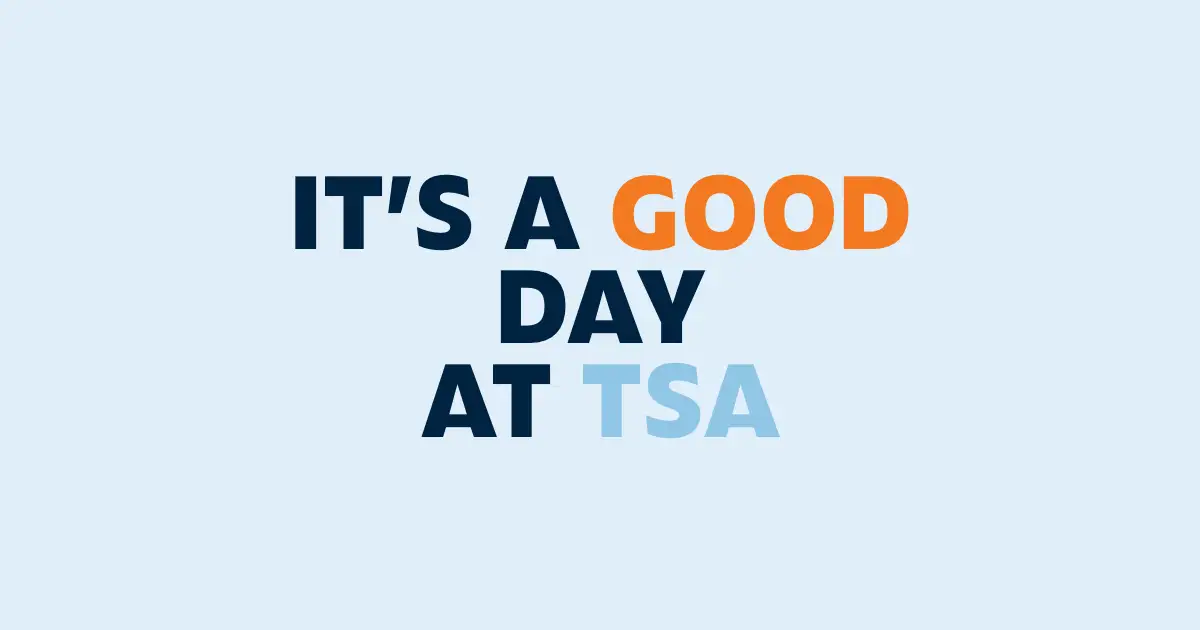Alzheimer’s Disease, a type of dementia that causes memory loss and impairs other cognitive abilities, accounts for 60-80% of dementia cases. While some memory deterioration is normal and nothing to fear, Alzheimer’s isn’t something that just happens to come with age.
Alzheimer’s Awareness Month is credited to President Regan in 1983 when he first initiated the observance for the month of June. Throughout June, the Alzheimer’s Association encourages people globally to wear purple in support and to train your brain to fight the disease.
Train Your Brain
In recent years, several studies have shown that by creating healthy habits, you can reduce the cognitive decline associated with Alzheimer’s Disease. The Alzheimer’s Association and their list of 10 Ways to Love Your Brain gives you some guidance and tips on how to stay ahead of Alzheimer’s:
- Get Moving: Getting moving is one of the top ways to reduce cognitive decline, according to the Alzheimer’s Association on brain health. Elevating your heart rate and increasing the blood flow to your brain and body has proven to decrease the acceleration of cognitive decline in several studies.
- Stump Yourself: Challenging and activating your mind consistently is another key way to stay sharp. Do a puzzle or play a strategic card game. Whatever it may be, keeping your brain working and solving new problems can keep you on top of your cognitive function. By stumping yourself and your brain, you can actually help train your brain to be stronger and significantly more resistant to numerous diseases.
- Take Care of Your Heart: Studies show that there is a direct correlation between heart health and cognitive health. The same risk factors that cause stroke or cardiovascular disease also negatively impact your cognitive function. By taking care of one, you take care of both.
Whichever method fits best into your life, implementing these tips into your daily routine can make all the difference.
Be Aware
If someone in your life is starting to develop symptoms of Alzheimer’s, it’s vital that they get the help they deserve. Some of the signs can be confused with natural aging, but there are ways to differentiate. According to the Alzheimer’s Association, there are ten common signs of early Alzheimer’s to look out for that may include:
- Memory Loss: For starters, memory loss is common in aging. However, if it starts to affect daily life, it is one of the most prevalent signs of Alzheimer’s.
- Difficulty in Common Tasks: Confusion in daily tasks like starting the microwave or driving to a location frequented often is also a common sign of early Alzheimer’s.
- Time or Place Confusion: It’s not unusual to forget momentarily what day it is, especially in old age. Those with Alzheimer’s, however, can lose track of time, seasons, or years entirely. If they start to forget who they are or how they got to a location, this could be cause for concern.
- New Issues with Words or Speaking: Early Alzheimer’s often manifests itself in language. If you or a loved one suddenly has trouble remembering what items are called or calling objects by the wrong name, Alzheimer’s could be a potential explanation.
- Misplacing Items: Losing or misplacing an item is extremely common for all ages. In individuals with early Alzheimer’s, they also lose the ability to retrace their steps and find what is missing. If things are misplaced often and are unable to be located, Alzheimer’s could be behind the issue.
Being aware of some of these warning signs and symptoms can allow for early detection, which can help those diagnosed get the help they need early to slow down cognitive deterioration.
Attention Caregivers
For those with Alzheimer’s, tasks that were once simple could become significantly more difficult. Once they do, frustrations start to manifest. Thus, caring for someone with dementia can be equally difficult.
According to the Mayo Clinic, it’s important for caregivers to help create a schedule. Having a set schedule creates routine, which can help ease frustrations. Within that scheduling, it’s valuable for caregivers to anticipate the need for extra time once tasks start to become more difficult as Alzheimer’s progresses. Time in between activities or tasks to rest and reset also goes a long way in staying calm.
Individualized care is also important in helping caregivers be successful in their care. Each individual with Alzheimer’s progresses differently, so it’s ideal to tailor care to the person. By utilizing some of these practical tips, caregivers can create a safe environment while also retaining the quality of care given.
For more on caring for someone with Alzheimer’s and to hear first-hand experience with the disease, tune in to our podcast, “Inside the Senior Alliance.” Episode 17 features Kayla Jakel from the Alzheimer’s Association of Michigan and Arnie Beresh who is living with early-onset dementia. Kayla gives us incredible insight into the association itself and Arnie walks us through both his diagnosis and the resources available for those who are living with Alzheimer’s.
For more information about The Senior Alliance, visit our website. If you or a loved one starts to show signs of Alzheimer’s Disease, we have resources and programs able to help. Call us at 734-722-2830 or email us at info@thesenioralliance.org.









